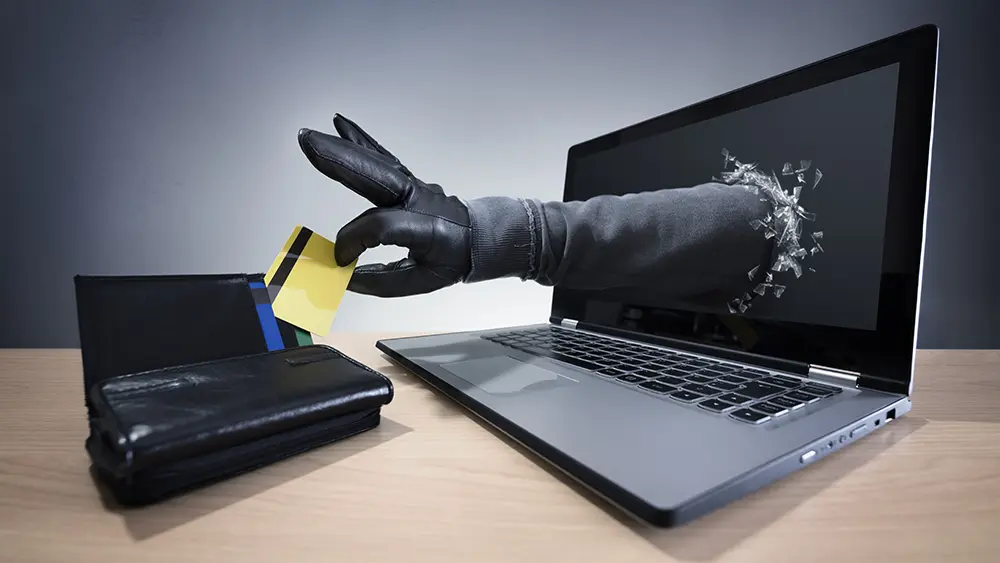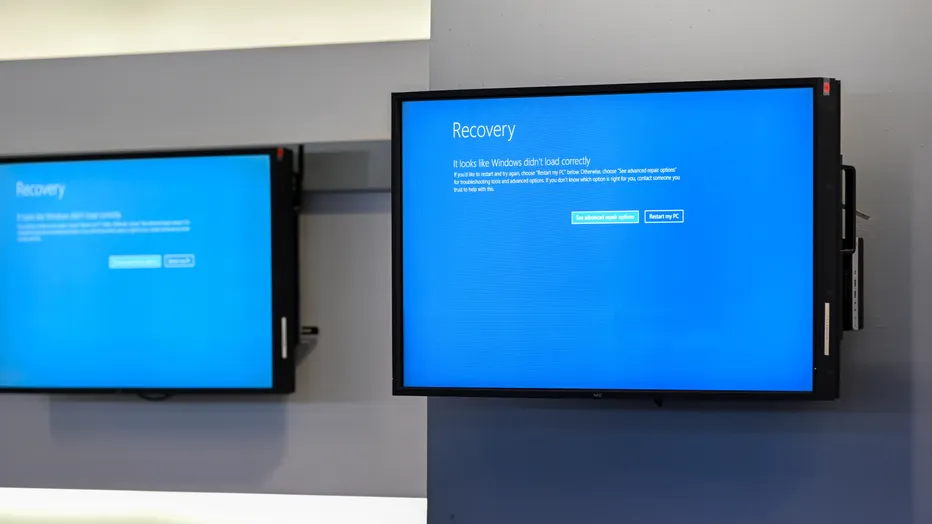In today’s digital age, our identities are more vulnerable than ever. With the increasing reliance on online transactions, social media engagement, and digital communication, the risk of identity theft looms larger than ever. From financial fraud to impersonation, the repercussions of identity theft can be devastating, leaving individuals grappling with economic losses, damaged credit, and a tarnished reputation. In light of these threats, the importance of identity theft protection cannot be overstated.
One crucial aspect of identity theft protection is understanding that while you may not be able to prevent businesses from experiencing data breaches, you can take steps to mitigate the impact on your own identity. The reality is that no system is completely foolproof, and even the most robust security measures can be breached. However, by implementing effective identity theft protection measures, you can significantly reduce the risk and mitigate the consequences of such breaches.
The Federal Deposit Insurance Corporation (FDIC) provides insight on how to avoid identity theft while using the Internet.
“Hackers” and scam artists are finding ways to steal private information transmitted over the Internet or stored on computer systems. You can protect yourself while shopping, banking, emailing, or surfing the Web. For example, never provide bank account or other personal information in response to an unsolicited email or when visiting a Website that does not explain how your personal information will be protected.
“Phishing” scams that arrive by email typically ask you to “update” your account information. However, legitimate organizations would not ask you for these details because they already have the necessary information or can obtain it in other ways. Do not respond to these emails, and do not open any attachments unless you independently confirm the validity of the request by contacting the legitimate organization the way you usually would, not by using the email address, Website, or phone number provided in the email. If you believe the email is fraudulent, consider bringing it to the attention of the Federal Trade Commission (FTC). If you do open and respond to a phony email, contact your financial institution immediately.
Identify Theft, www.fdic.gov/consumers/consumer/moneysmart/podcast/documents/basics-of-banking-identify-theft.pdf.
Discover the ultimate solution for safeguarding your identity in the digital era with PC Matic
PC Matic’s cutting-edge identity theft protection technology ensures continuous monitoring of your identity, privacy, and credit. Say goodbye to sleepless nights worrying about the illegal selling of your personal, financial, and credit information – our robust monitoring system has got you covered.
With PC Matic, you’ll never be caught off guard. Our early warning system sends alerts directly to your smart devices, allowing you to act swiftly and decisively before any damage is done. Whether it’s your personal information being compromised or suspicious activity detected on your credit report, we’ll keep you informed every step of the way.
Take control of your identity – gain insight into your credit score, track where and how your online information is used, and protect sensitive data like keystrokes, PINs, and credit card information. With us by your side, your identity is safe.
If your identity is compromised, our team of Certified Protection Experts is here to help. Offering comprehensive, U.S.-based 24/7 recovery services, we’ll handle every aspect of the identity restoration process – from completing paperwork to making calls on your behalf. Plus, with our $1 million identity theft insurance policy, you can have peace of mind knowing you’re covered.
Don’t wait until it’s too late – protect your identity with PC Matic today and take control of your digital destiny!




